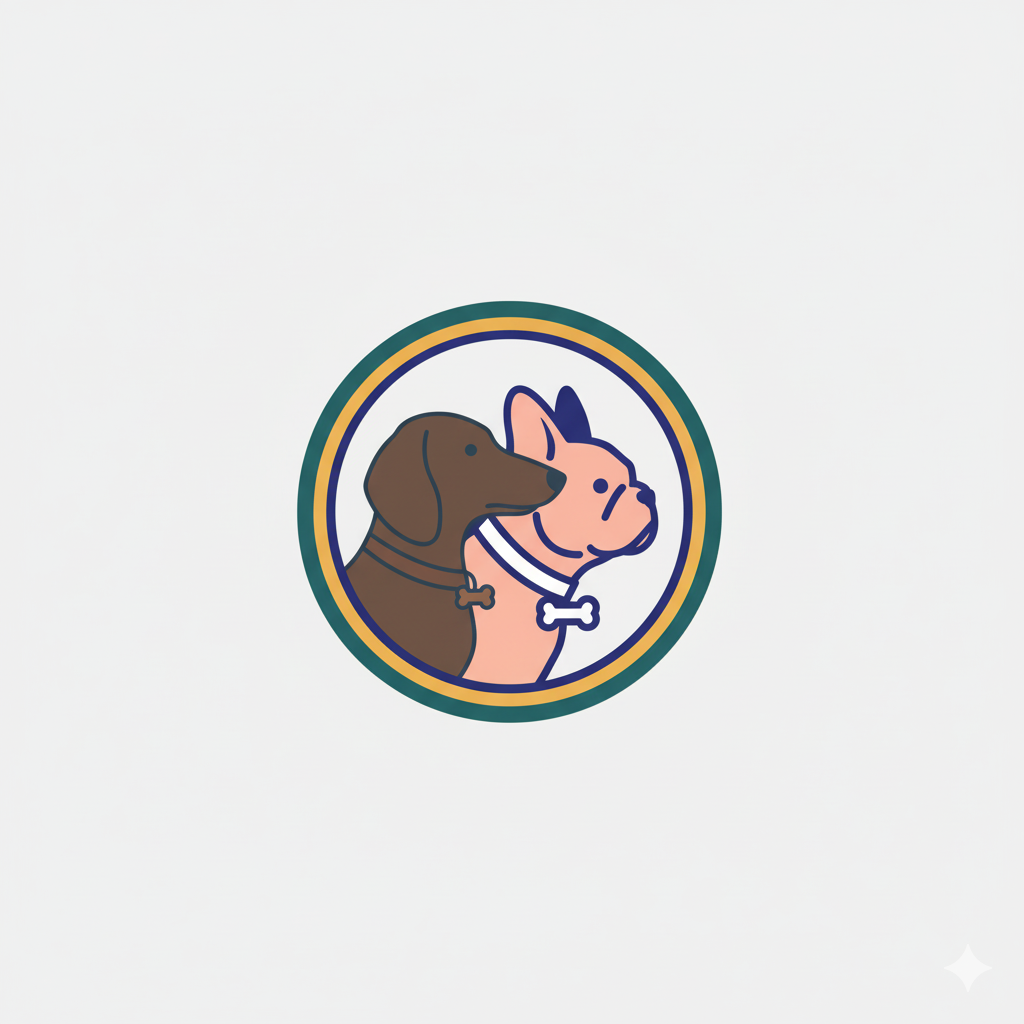Physical health benefits of owning a dog
Exploring how dog ownership enhances well-being
Owning a dog significantly boosts physical activity, primarily through regular dog walking. This daily exercise encourages owners to move more consistently and with purpose. Walking a dog not only adds structure to routines but also ensures a meaningful way to increase activity levels, making it easier to reach health goals.
This might interest you : What Are the Essential Dog Supplies Every UK Owner Should Have?
The association between dog ownership and improved health is well-documented. Studies show that people who walk their dogs regularly experience better cardiovascular health. This includes lower blood pressure and reduced cholesterol, both critical metrics in preventing heart disease. The extra movement also aids weight management, reducing the risk of obesity by motivating frequent outdoor activity.
Moreover, research-backed evidence links dog ownership to a decreased risk of certain diseases. For example, consistent physical activity from dog walking can lower the chances of type 2 diabetes and improve mental well-being by reducing stress hormones. This combination makes dogs invaluable partners for a healthier lifestyle.
In the same genre : How Can You Choose the Perfect Breed for Your Lifestyle?
In essence, dog ownership benefits extend beyond companionship, providing a practical and enjoyable path to better physical health, fitness, and disease prevention through routine dog walking.
Emotional wellbeing and mental health improvements
Exploring the profound impact of having a dog on your mental state.
The emotional benefits of dogs extend beyond mere companionship. Scientific studies consistently show that interacting with a dog can lower cortisol levels, resulting in significant stress relief. These furry friends provide an immediate calming effect, which helps reduce anxiety and elevate mood during challenging times.
Many people experience alleviation of loneliness and depression through the presence of their dog. The routine care and daily interactions offer a sense of purpose and responsibility, which combats feelings of isolation. Dogs naturally encourage social engagement, often sparking conversations during walks, thereby enhancing social support networks.
Crucially, dogs serve as reliable sources of emotional support through daily interactions. Their nonjudgmental presence and affectionate behaviors help owners feel understood and valued. For individuals facing mental health challenges, this connection can improve resilience and overall psychological wellbeing.
In sum, the emotional bond with a dog supports mental health by reducing stress and anxiety while fostering companionship and a meaningful daily routine. This combination makes dog ownership a compelling option for enhancing emotional wellbeing.
Enhanced social life and community connections
Owning a dog naturally opens the door to numerous social benefits of dog ownership, particularly through frequent visits to dog parks and neighbourhood walks. These everyday activities provide ideal opportunities for meeting new people who share a common interest. For many dog owners, these encounters lead to casual chats that often blossom into meaningful friendships.
Community engagement increases significantly when dogs are involved. Dogs act as social catalysts, encouraging conversation and interaction in environments where people might otherwise remain isolated. The routine of walking a dog creates predictable social touchpoints, fostering a sense of familiarity and trust among neighbours.
A strong sense of belonging develops within pet-loving communities, where owners exchange advice, share experiences, and support one another. For example, local dog-walking groups or weekend meetups often turn into tight-knit social circles. These bonds exemplify how the social benefits of dog ownership extend beyond the owner-pet relationship and positively impact human connections.
In summary, the presence of a dog enriches not only the owner’s life but also enhances community connections and the overall social fabric through shared activities and companionship.
Life enrichment through responsibility and routine
Taking on the responsibility of caring for a dog naturally encourages the development of a consistent daily routine, which can significantly improve one’s overall life structure. Feeding, walking, and grooming your pet at set times not only benefits the dog’s well-being but also instills valuable discipline in your day. This structure creates a reliable rhythm, reducing stress and improving time management.
The act of fulfilling this responsibility offers more than just tasks; it cultivates a genuine sense of purpose. Knowing that your dog depends on you promotes accountability and adds rewarding meaning to everyday activities. This can motivate individuals to maintain consistency, even during challenging periods.
Many who embrace pet care describe profound personal growth. For example, one owner shared how establishing a routine for their dog led them to become more organized and patient in other areas of life. This growth is often linked to the ongoing commitment and empathy required to meet a dog’s needs, reinforcing character traits that extend beyond pet care.
Ultimately, caring for a dog through structured routine and responsibility fosters emotional well-being and life enhancement, proving beneficial beyond the obvious companionship.
Tips for maximising the positive impact of dog ownership
Choosing the right dog breed tailored to your lifestyle is the first crucial tip for dog owners. Consider factors like energy levels, space availability, and activity preferences to ensure a harmonious match. For example, an active individual may benefit from a high-energy breed, while a more sedentary lifestyle suits calmer dogs.
Maintaining a healthy lifestyle benefits both you and your dog. Regular exercise, such as daily walks or play sessions, keeps your pet physically fit and mentally stimulated. This shared activity strengthens your bond and promotes happiness. Incorporate training routines to engage your dog’s mind, which helps prevent behavioral issues and fosters a positive environment.
Happiness for pets comes from consistency, care, and social interaction. Prioritise your dog’s emotional well-being by providing attention and affection, encouraging safe socialisation opportunities, and creating a stable daily routine. These practices contribute to a lifelong, rewarding relationship and enrich both your lives.
Ultimately, these tips for dog owners empower you to choose wisely and nurture your pet’s needs, leading to a mutually beneficial experience that enhances wellness and joy for both.
